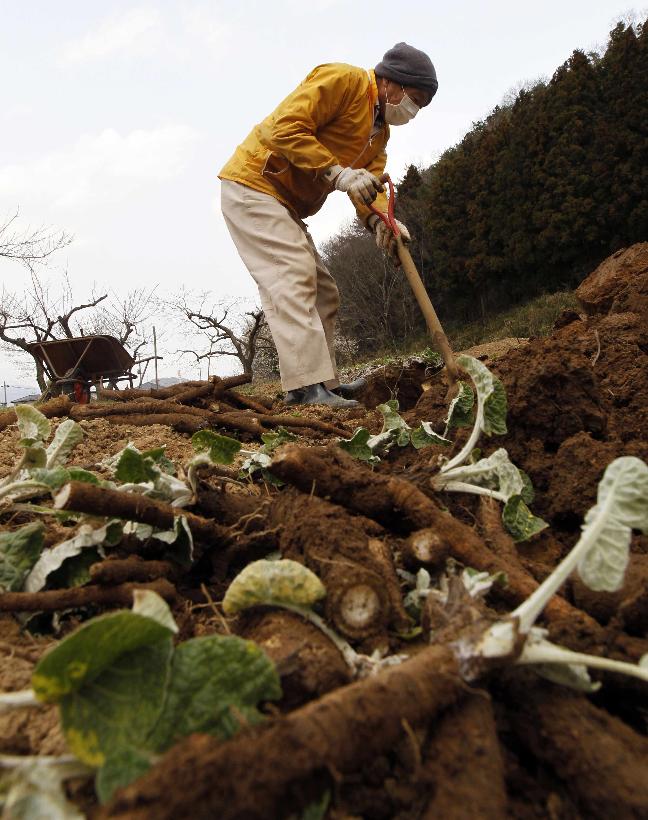Business world wrings hands over TPP delay

Yomiuri Shimbun | May. 19, 2011
Business world wrings hands over TPP delay
Hideyuki Ioka and Tadashi Isozumi / Yomiuri Shimbun Staff Writers
Business circles are increasingly worried a delay in Japan’s entry into the multilateral Trans-Pacific Partnership free trade pact would exacerbate the hollowing out of domestic industries.
The industrial community in particular believes strongly that putting off joining the TPP would bring great harm, particularly at a time when many domestic firms are struggling to cope with the aftermath of the March 11 earthquake and prepare for expected power shortages this summer.
The Cabinet of Prime Minister Naoto Kan on Tuesday adopted a set of guidelines for economic and fiscal advancement. The new policy backtracked from an earlier plan to decide in June whether to join the U.S.-led TPP talks. In the latest guidelines, the government only said it would judge the timing of participation in the negotiations "from a comprehensive point of view."
The United States and eight other nations are currently negotiating entry into the regional trade liberalization pact.
At a press conference following a Cabinet meeting Tuesday, Kaoru Yosano, state minister for economic and fiscal policy, commented on the timing of the TPP decision. "Progress will be made in the talks [among the nine nations] in November. By then, Japan will have determined its stance," he said.
The United States, Australia and the other participants aim to reach a basic accord by the Asia-Pacific Economic Cooperation forum summit scheduled for November. The nations are also expected to discuss the Pacific trade pact at a meeting of APEC trade ministers set to start Thursday in the U.S. state of Montana.
If Japan’s participation in the talks is delayed while the nine nations make progress on relaxing trade barriers, many fear this nation could lose the chance to have a say on rules governing trade and investment.
"The TPP has become even more important considering the reconstruction that needs to be done in the disaster-hit areas," said an executive of a major business lobby.
Many domestic firms had their supply chains cut off after the March 11 disaster, and rumors whipped up by the accident at Fukushima No. 1 nuclear power plant have also hurt companies’ bottom lines. Adding power shortages, rising electricity bills and other negative factors, it is not difficult to imagine that more companies could choose to move production bases to other countries.
Some in the government hope to take advantage of the disaster reconstruction process to strengthen the competitiveness of the agriculture sector by encouraging large-scale farming. But negotiations with local farmers have yet to begin, leaving it uncertain as to if trade liberalization and recovery of the agriculture sector can go hand in hand.
Attention is now focused on how far the government will go to strengthen the farm sector in an upcoming report from a panel planning the post-quake recovery.
"The top priority is the repair and reconstruction of the disaster-hit areas, but talks on economic partnerships also directly affect people’s lives," Agriculture, Forestry and Fisheries Minister Michihiko Kano said Tuesday.





